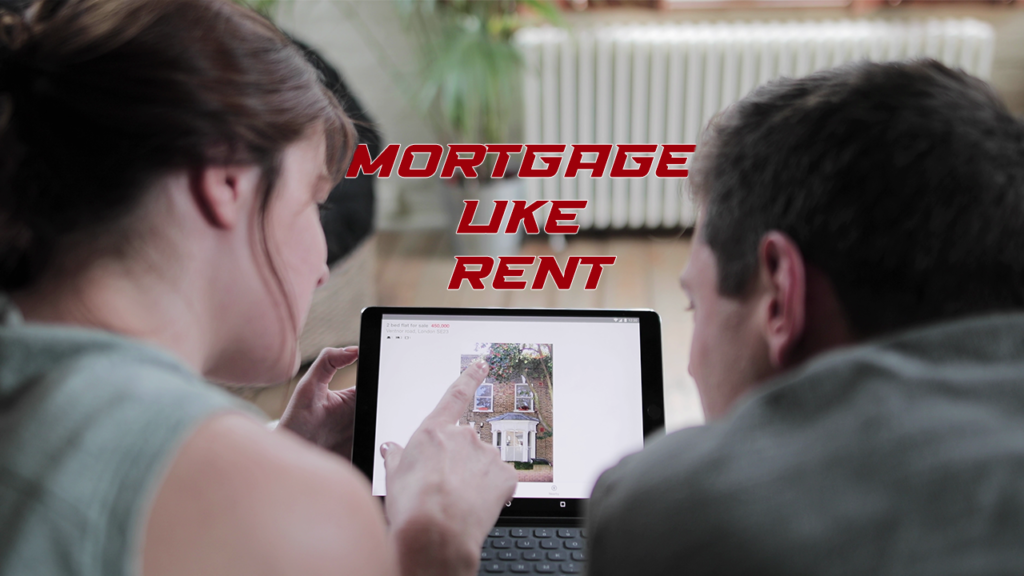
Obtaining a mortgage can be daunting for self-employed individuals due to their unique financial circumstances and documentation requirements. However, several creative mortgage solutions are available to help them achieve their homeownership goals.
One option for self-employed borrowers is a bank statement loan, a “non-QM” (non-qualified mortgage) loan. Unlike traditional mortgages that rely heavily on tax returns and W-2 forms to verify income, bank statement loans allow borrowers to use their personal or business bank statements to demonstrate their income. This flexible approach can be particularly beneficial for self-employed individuals with fluctuating income or write-offs affecting their taxable income.
Another alternative for self-employed borrowers is the use of alternative credit scoring models. Traditional credit scoring models may need to accurately reflect the creditworthiness of self-employed individuals with limited credit history or unconventional income sources. Alternative credit scoring models consider factors such as rental payment history, utility bills, and other non-traditional credit sources to more comprehensively assess a borrower’s creditworthiness.
Additionally, self-employed borrowers may consider pursuing a co-signer or joint mortgage with a spouse or family member with stable employment and income. A co-signer can help strengthen the mortgage application and improve the borrower’s chances of approval, especially if the borrower has a strong credit history and stable income.
Moreover, self-employed borrowers should take a proactive approach to organizing and documenting their financial information. This includes maintaining accurate records of income, expenses, and tax returns, and seeking professional advice from a certified public accountant (CPA) or financial advisor. By doing so, they can optimize their financial profile for mortgage approval, demonstrating their financial stability and responsibility to lenders.
In conclusion, self-employed borrowers can access creative mortgage solutions designed to accommodate their unique financial circumstances and facilitate homeownership. By exploring options such as bank statement loans, alternative credit scoring models, co-signers, and diligent financial planning, self-employed individuals can overcome the challenges of obtaining a mortgage and achieve their dream of owning a home.

Follow Us On



